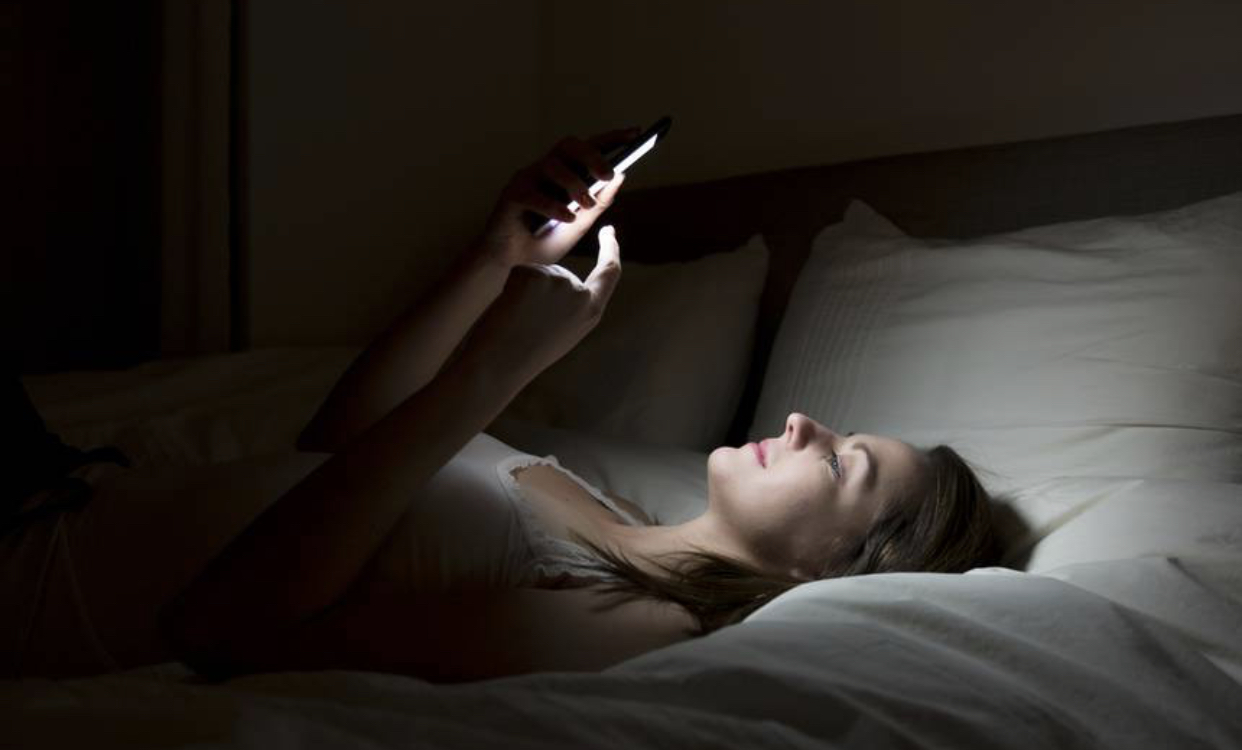Insomnia Series Part 2: Separating Fact From Fiction: Debunking Myths About Insomnia
/In the last few decades, scientists have begun to unravel the many mysteries surrounding sleep. While there is still so much we need to learn, and many questions regarding sleep still to be answered, there are lots of things we know for sure. It’s time we separate fact from fiction by debunking some popular myths about insomnia.
1. A Drink Will Help You Sleep
Myth. Insomnia can leave you desperate for a good night's rest. Think a glass or two of wine or a cocktail before bed will offer relief? Think again. This myth probably persists because alcohol, being a depressant with sedating effects, can help you fall asleep. However, as alcohol is broken down and metabolized in the body, it may lead to disturbed, restless sleep, or it may make you wake much earlier than usual.
2. You Can’t Train Yourself to Sleep
Myth. You can successfully train your body to associate certain restful behaviours with sleep. The key, of course, is consistency. Maintain a consistent sleep schedule. Read for an hour or take a warm bath before bed. Maybe meditating or daydreaming will help you drop off to sleep. Find what works for you, and then make those rituals a regular part of preparing for bed every night.
3. Insomnia Is All In Your Head
Myth. It's true that psychological issues can cause or worsen insomnia. As a matter of fact, stress is the number one reason people report a lack of sleep. However, it's not the only insomnia trigger. Many things can cause insomnia, including poor sleep hygiene, illness, medication side effects, chronic pain, restless legs syndrome, or sleep apnea.
4. You Can Make Up For Lost Sleep
Myth. It's highly unlikely that you can fully catch up on sleep you've lost. Sleeping in one or two days a week or over the weekend may actually upset your natural body clock. The disruption may make it harder to get to sleep the next time. The only way to catch up on lost sleep is to get back into a regular sleep schedule.
5. Stay in Bed If You Can't Sleep
Myth. Tossing and turning for a half hour or more in bed? It's okay to get up to read or listen to relaxing music. A quiet activity can help you relax and feel sleepy. Staying in bed may lead to frustration and clock-watching. Over time, you may associate your bed with wakefulness, not rest. Serious health conditions have been associated with chronic lack of sleep, including obesity, hypertension, diabetes, heart attack, and stroke.
6. Sleep Problems Go Away on Their Own
Myth. Until you know what's causing your insomnia -- whether it's stress, medication, illness, or another issue -- don't expect it to disappear on its own. If you've had problems getting to sleep or staying asleep, or if you’re consistently tired after a night’s sleep, you may have a sleep disorder, and it's time to talk to your doctor about treatment.
Stay tuned for my next article when I cover treatment options for insomnia.
Dr. Debra Trevisan is a Clinical Psychologist with special interests in mood and anxiety disorders, insomnia, and personality disorders. www.drdebratrevisan.com | www.qwellness.ca





